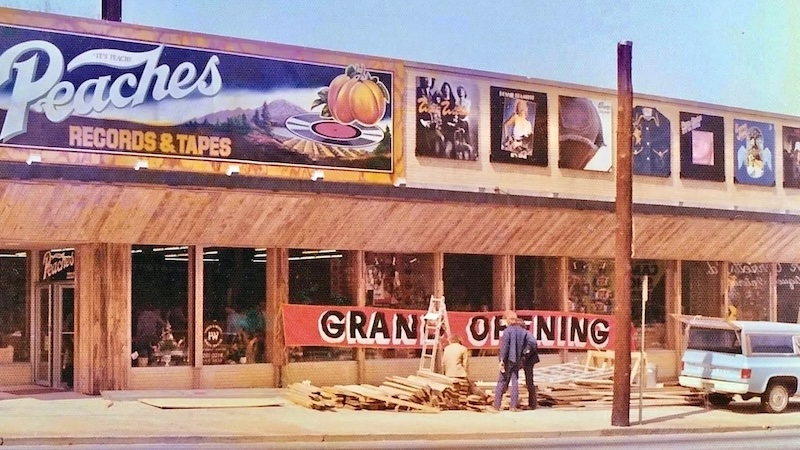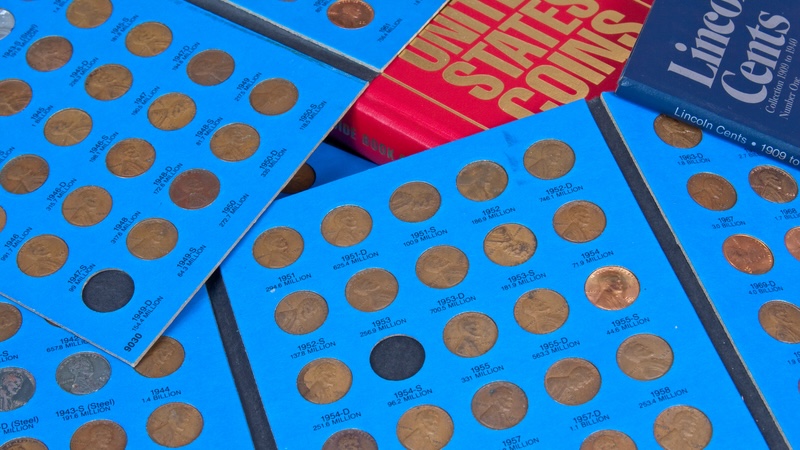‘Write It Down’
Benefits of this meaningful act

Mary Derrick Chaney’s mother taught her how important it is to “write it down,” for us each to record our life events, noting its important benefits.
Ten years before my mother died at the age of 83, she began to chronicle the story of her life. It was 65 handwritten pages, often disjointed in time, occasionally repetitive; and it was one of the most precious gifts she left behind, a gift I was not allowed to see until a few years before her death. This is how I came to know and understand the person that I had called Mama for nearly half a century.
Through her words, I felt her joy and her heartache. I saw the girl who wrote stories, and then tore them up because she was afraid someone would laugh at her. I saw the young mother who took a toddler on a train from Arkansas to California to join her husband during World War II. I saw the old woman who once had dreams of stylish living in a big city, but who put them aside to care for her mother who was dying of cancer. I came to understand the person behind the face.
After her death, I decided to chronicle the story of my life for my own children. Otherwise, how would they know of my embarrassment when another little girl at school laughed at me because my dress was made out of feed sacks; or my guilt at stealing a nickel from the cigar box where my dad kept his change, so that I could have an ice cream cone like my friend; or the middle school humiliation of being teased by the boys because I had no boobs, and the consolation by another boy who offered to “beat them up” for hurting me.
How would they know of my first kiss on a 7th grade picnic, or my joy on the basketball court, or my trembling knees at graduation? How would they know that the grandfather who taught them to use a rod and reel once showed me how to drop my line off the side of a rickety bridge and watch for the bobber to disappear beneath the surface.
How would they remember all the small and wonderful moments that made up our time together as they made the journey from toddler into adulthood? I have chronicled these as well, bits and pieces, moments in time, and ending only when I believed that they had enough memories of their own and didn’t need any more of mine.
We all owe the sharing of these experiences to our children, as well as to ourselves. It doesn’t have to be a literary masterpiece. All it has to be is your story, the one that they will never know unless you write it down.
Mary Derrick Chaney is a “retired” freelance writer living in Montgomery, Alabama. Through the years, her articles have appeared in newspapers in Newport News, Virginia; Wichita, Kansas; Little Rock, Arkansas; the Atlanta Journal Constitution, and in the On The Homefront section of the Air Force Times. She has also contributed to the Christian Science Monitor and Southern Lifestyles. In accordance with her admonishment to “write it down,” Chaney has compiled many of her stories into a book for her children and grandchildren, complete with photos, and passed those on to them.
Chaney writes of her post, “I believe that we owe it to our children and grandchildren to share our stories with them. Otherwise, how can they know who we truly were, how we became that person, and how it affected them. My mother began her chronicles at the age of 73, and in reading them, I learned about the person behind the face. I have done this for my own children, and hope others will follow suit.”
Read more like Mary Derrick Chaney’s gentle reminder to “write it down” and other contributions from Boomer readers in our
Do you have your own stories you’d like to share with our baby boomer audience? View our writers’ guidelines and e-mail our editor at Annie@BoomerMagazine.com with the subject line “‘From Our Readers’ inquiry.”



